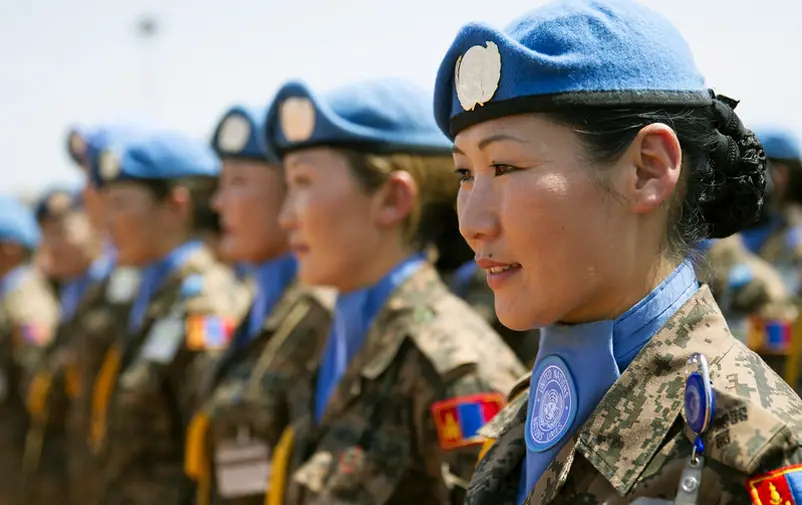
Photo: UN Photo/Martine Perret
He recently published the book “Talking to Terrorists” where he advocates that sooner or later we always need to negotiate with terrorists; and why not sooner?
Why should governments talk to ISIS or Boko Haram?
Looking back in history, every time we meet a new terrorist organisation we say we will not talk to them and every time so far we eventually have done so to create a peace process. If this process has happened to PLO and IRA – why not for al-Qaida or ISIS?
Can you be friends with a terrorist?
As a negotiatior you need to be trusted by them and you need to have a working relationship with them. If you become friends you can fall into a “Stockholm syndrome” since they often are underdogs.
The Middle East is more unstable than in many years – what’s your prediction on the near future?
I believe we’re making a mistake to think that the Arab spring has ended. Every revolution has a counter revolution and I believe we’re looking at the middle of the Arab spring saying that it’s over, when this is just the beginning.
MORE FROM HOME
What does research tell us about strategic civil-military leadership in UN integrated missions? The recent FBA research brief "Mission Leaders: An Evidence-based Assessment” presents seven policy recommendations.
2025-07-01 13:34FBA has both increased and adapted its work in Ukraine in the wake of Russia's invasion.
FBA in UkraineKlara Grenhagen works as a specialist at FBA's Africa unit with a focus on dialogue, reconciliation and peace processes.
More about our expertsFBA is part of Sweden’s development aid within the area of peace and security
Read more about the countries where we work